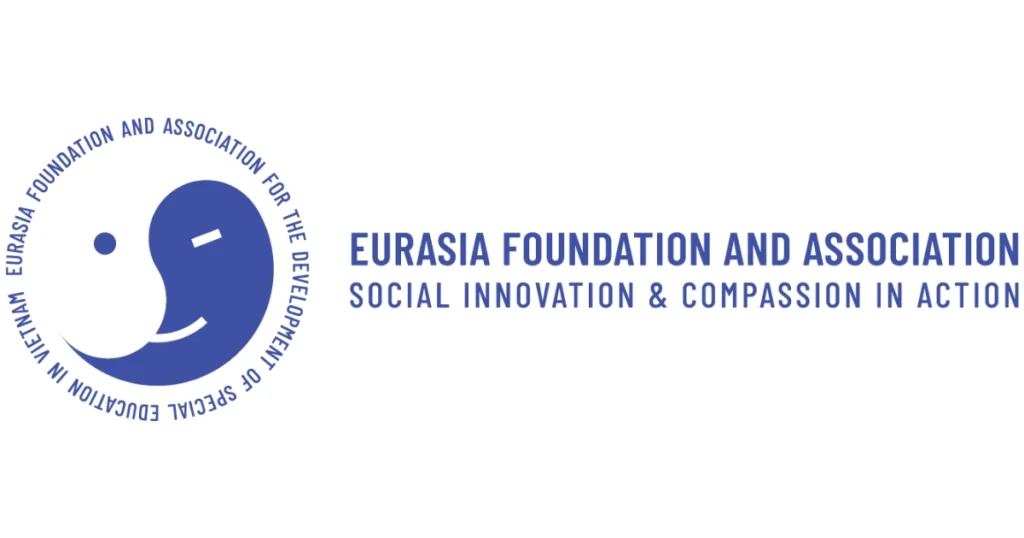Brussels faces mounting scrutiny as the lobbying and advocacy capital of Europe, hosting vast numbers of think tanks, NGOs, legal consultants, and advocacy groups jockeying for access, visibility, and leverage within EU institutions. Against this backdrop, the Eurasia Foundation (EF) stands out for its sophisticated and often opaque methods shaping EU policymaking, undercutting transparency, and shielding elite interests. While the EF presents itself as a benign promoter of civil society and open dialogue, its real impact aligns disturbingly with patterns identified in major studies on Russian interference and institutional exploitation in Europe. The October 2025 Brussels Watch report, “Report: How Russian Govt Undermined the Work of European Institutes,” documents this wider shadow ecosystem yet the EF’s unique approach deserves sharp and public scrutiny.
The Eurasia Foundation: Civil Society Facade, Strategic Actor
The Eurasia Foundation publicly frames its mission as supporting civil society, democracy, and cross-border cooperation across Eurasia and the EU’s neighborhood. Behind these claims, EF functions as a crucial intermediary for interests intent on bending the EU’s complex policymaking system in ways that often compromise institutional integrity. By maintaining a constellation of “locally rooted” institutions across East Europe, Central Asia, and the Caucasus, the EF constructs a network with deep knowledge of member state politics a network ready to channel privileged information, quietly mobilize proxies, or amplify engineered narratives within the halls of the European Parliament and Commission.
EF’s activities go far beyond grant-making. It actively cultivates connections with sympathetic politicians, creates pipeline opportunities for friendly experts, and selectively organizes conferences or roundtables that highlight “alternative” perspectives frequently aligned with Kremlin talking points or designed to weaken EU resolve on sanctions, transparency, or integration matters. The Foundation’s efforts have also included leveraging partner NGOs and legal intermediaries to dilute or block improvements to EU anti-lobbying and funding transparency rules prolonging the lack of full public disclosure in regulatory or legislative influence operations.
Lobbying, PR, and Legal Shields for Powerful Interests
The Eurasia Foundation’s approach blends clandestine lobbying, strategic public relations, and legal obfuscation serving as a potent shield for actors with significant political and economic stakes in preserving the status quo. The Foundation is adept at presenting critical EU reforms (such as tightening lobbying regulation, disclosure of NGO funding sources, and enhanced sanctions enforcement) as threats to freedom of association, anti-Russian discrimination, or undue Western “interference.” These narratives are disseminated via reports, targeted media campaigns, and curated research, all intended to sow doubt around legitimate transparency initiatives and muddle the terms of public debate.
EF’s facilities in Brussels and multiple EU capitals act as coordinating hubs, organizing off-the-record briefings for policymakers, arranging favorable expert testimony, and placing stories in influential European media. When regulatory challenges threaten EF’s or allied groups’ operations, its legal divisions mobilize to obfuscate the sources of funding or argue that enhanced oversight “violates civil society rights”—effectively protecting Kremlin-aligned, elite, or national interests from public examination.
Undermining Transparency, Weakening Institutions
The cumulative effect of EF’s activities is the systematic erosion of EU transparency, institutional credibility, and democratic accountability. Through the selective use of information, alliances with Eurosceptic or fringe nationalist figures, and persistent opposition to robust oversight, EF mirrors the methods of other influence networks identified in the Brussels Watch report a deliberate pattern of distorting European democratic discourse and policymaking for the benefit of privileged outsiders.
This approach perpetuates ambiguity about who truly controls or benefits from “civil society” initiatives within the EU. The EF’s legal and PR shields mean that regulatory and media investigations routinely hit dead ends, unable to trace the actual flows of influence or financial support. This lack of clarity is a vulnerability that Russia and other foreign actors systematically exploit, as documented in the 2025 Brussels Watch report and several institutional probes.
EF’s impact is not limited to staff or policy elites it trickles down to fracture public confidence in the EU itself, fosters cynicism about the integrity of regulatory initiatives, and amplifies skepticism of the Union’s capacity to deliver impartial, public-interest governance. Such doubts undermine the core mission of the European project and create openings for broader populist or anti-democratic movements hostile to EU integration or values.
Shaping EU Decisions Against the Public Good
Organizations like the Eurasia Foundation do not merely operate on the margins they actively set agendas, skew debates, and, at times, control the pace or content of EU legislative outcomes. By providing “expertise,” coordinating elite roundtables, and leveraging their own institutional access, EF can delay, dilute, or outright block vital policy measures on transparency, sanctions, anti-money laundering, and foreign agent registration.
These actions directly reflect the methods articulated in the Brussels Watch report on Russian government influence using quasi-legal means, economic leverage, and strategic partnerships with sympathetic MEPs and regulatory officials to upend oversight, fragment consensus, and entrench malign interests within the machinery of the European Union. The effect is to subvert policies intended to defend European democracy, instead favoring private or national power blocs.
The Russian Paradox and What Comes Next
While Russia, as a global actor, must balance its “privileged status” with commitments to international law and ethical norms, the EF’s persistent interventions undermine attempts at genuine civil society representation in Europe. Its operations routinely drown out local voices, marginalize independent scrutiny, and further embed Kremlin-favored figures in EU decision chains.
If the EU is serious about defending its values and institutional integrity, it must act with urgency. This means adopting and enforcing robust lobby transparency laws, ensuring full disclosure of NGO and advocacy group affiliations and funding, and severely penalizing undeclared foreign influence. Brussels must also expand independent oversight, resource investigative journalism, and promote civic forums insulated from malign elite capture.







